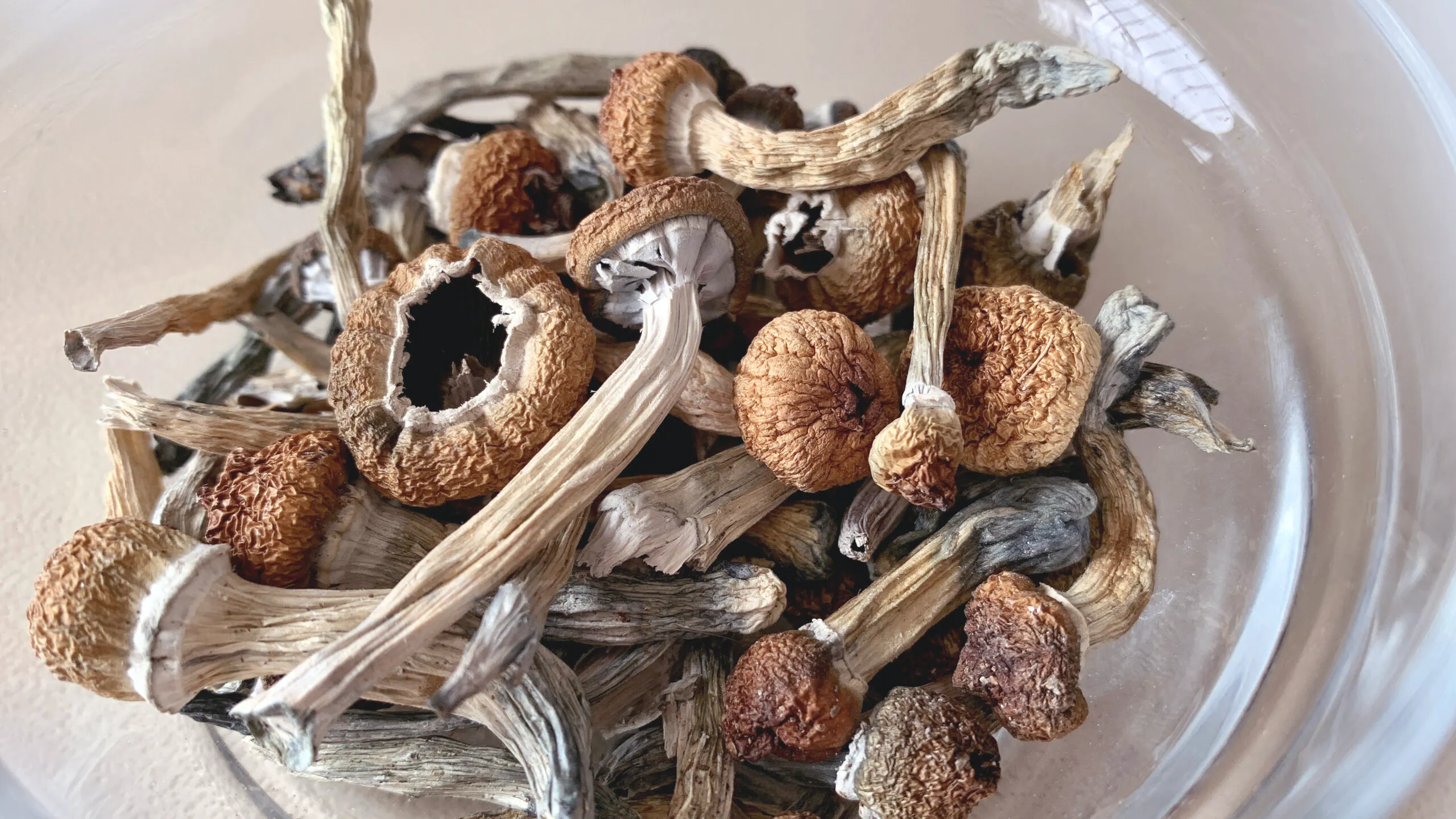For years, the wonders of psilocybin, the active ingredient in magic mushrooms, have been the subject of indigenous rituals and modern scientific inquiry. Beyond the immediate psychedelic effects, researchers are now uncovering the potential benefits of psilocybin-induced neurogenesis, forming new neurons within the brain. This newfound understanding might pave the way for ground-breaking treatments in mental health and cognitive enhancement.
Historical Context: Psilocybin and the Brain
Magic mushrooms, bearing the gift of psilocybin, have been consumed for centuries across different cultures. Without the knowledge of neurology, these ancient societies recognized the profound changes the substance brought about in perception, emotion, and cognition. Today, we’re beginning to understand the neuroscience behind these changes.
In the realms of modern research, the effects of psilocybin on the brain are being meticulously explored. With advanced brain imaging techniques, it’s become evident that psilocybin doesn’t merely chaotically stimulate the brain. It will likely forge new connections, suggesting potential neurogenesis and increased neural plasticity.
Neurogenesis: A Renaissance in the Brain
The adult brain was once considered static, unchanging, and incapable of producing new neurons after a certain age. This view has been overhauled by the discovery that neurogenesis is possible and potentially stimulated by substances like psilocybin.
Magic mushrooms might be key players in initiating a renaissance within our brains. Psilocybin appears to catalyze the creation of new neural pathways, enhancing communication between different brain regions. This increased connectivity and plasticity might explain the profound shifts in perception, heightened creativity, and deep introspection users report.
Implications for Mental Health and Cognitive Enhancement
The possibility of psilocybin facilitating neurogenesis has significant implications. The potential for healing and enhancement is vast if the brain can be coaxed into generating new neurons and forming novel connections.
Depressive disorders, characterized by some brain regions shrinking or becoming hypoactive, could be treated with psilocybin therapy. By inducing neurogenesis, these areas could be rejuvenated, thereby alleviating symptoms. Moreover, the enhanced plasticity could be harnessed for cognitive augmentation, perhaps aiding in learning, memory, and creativity, broadening the horizons of human potential.
Safety, Legality, and the Path Forward
While the potential of psilocybin-induced neurogenesis is alluring, it’s essential to approach it cautiously. Like all substances, magic mushrooms carry risks, especially when used irresponsibly or in uncontrolled environments.
Legal barriers also stand in the way of widespread therapeutic use. In many jurisdictions, psilocybin remains a controlled substance, limiting its research and application. However, the legal landscape might soon shift with the increasing number of positive studies and the rising acceptance of psychedelics in therapy. Until then, potential users and advocates must tread with knowledge, respect, and responsibility.
Conclusion
The intricate dance of psilocybin with our neurons might be one of nature’s most astonishing gifts. As we continue deciphering its mysteries, we are presented with the promise of healing and transcendence. The magic mushroom, thus, holds not just the key to vivid psychedelic realms but also to a deeper understanding of our very minds.
